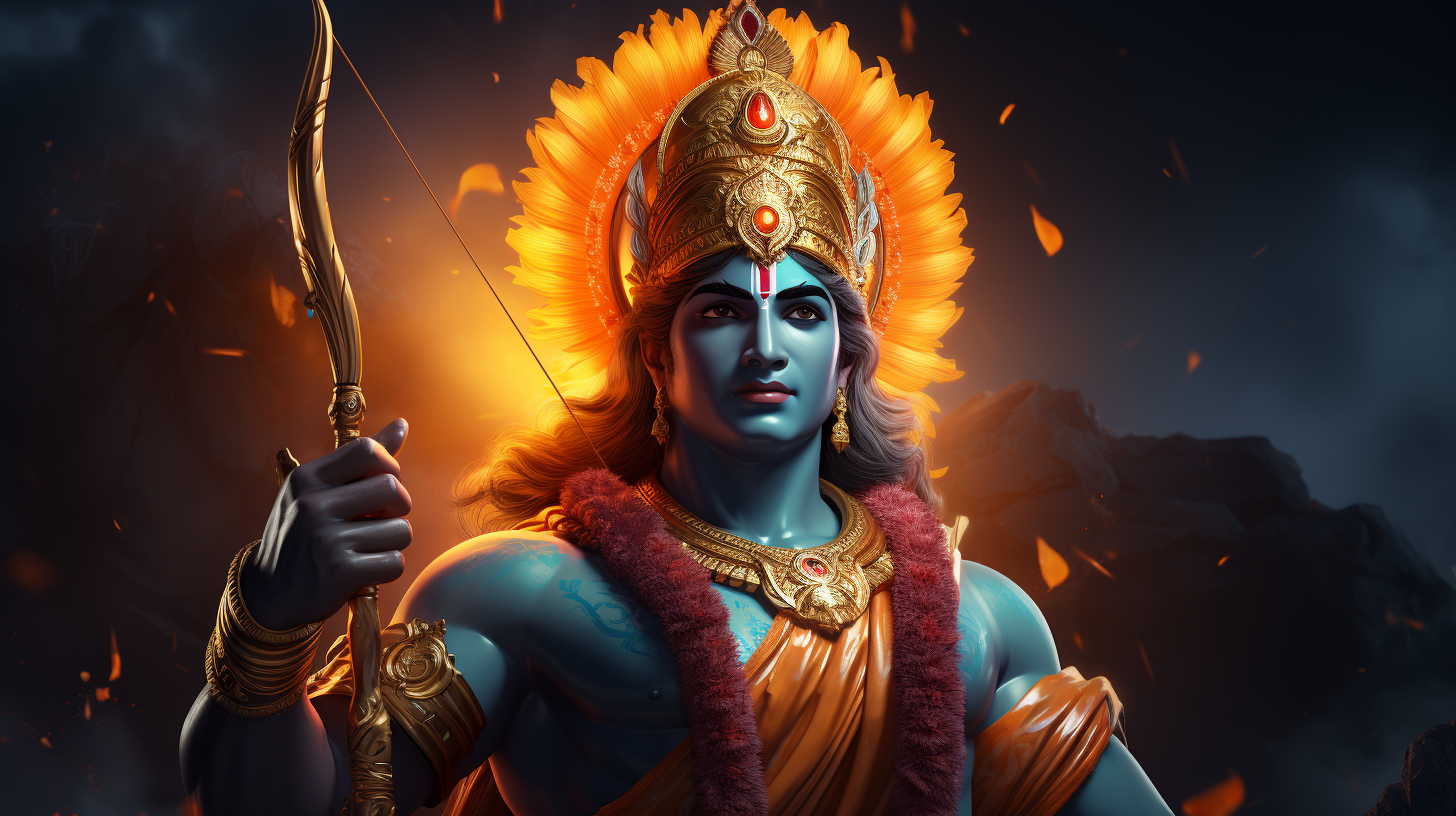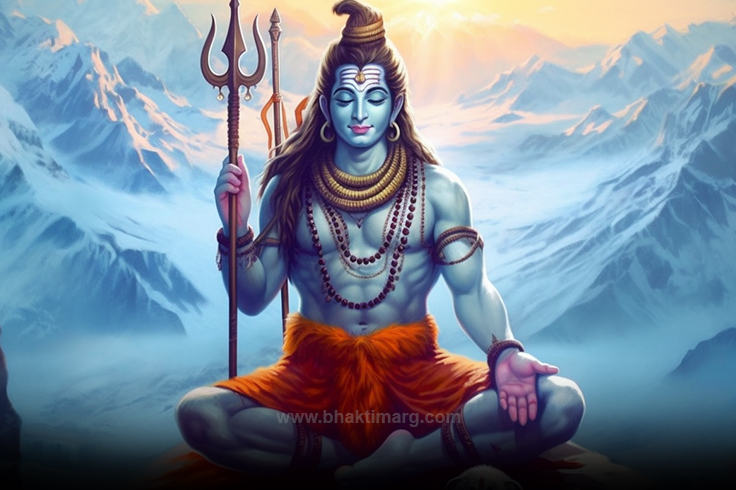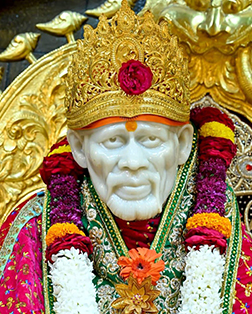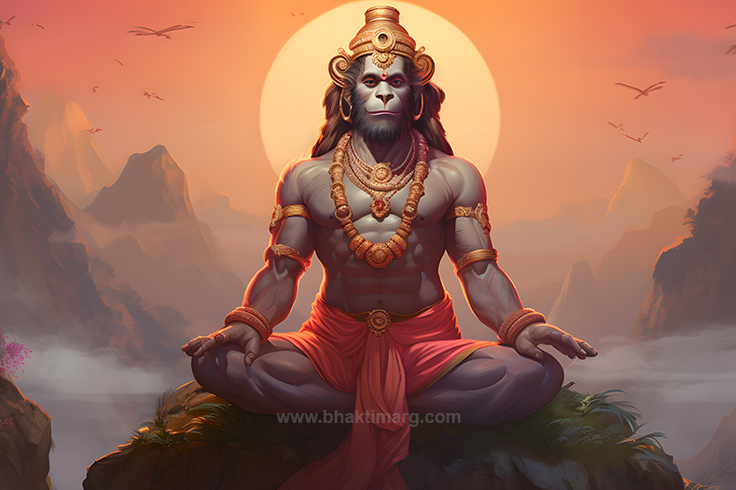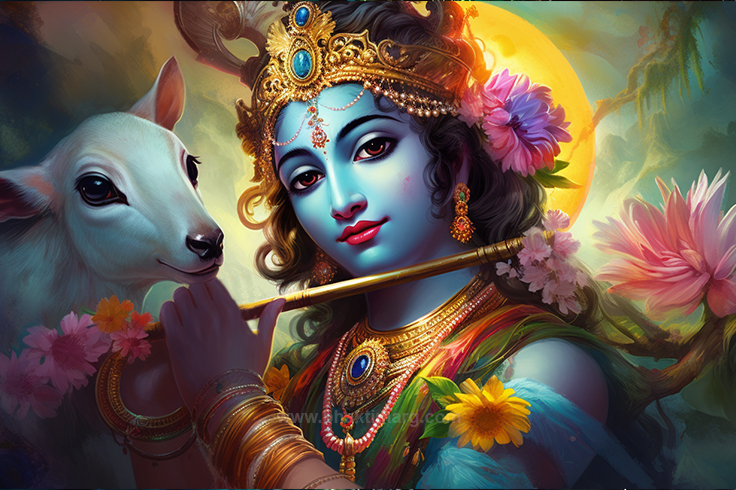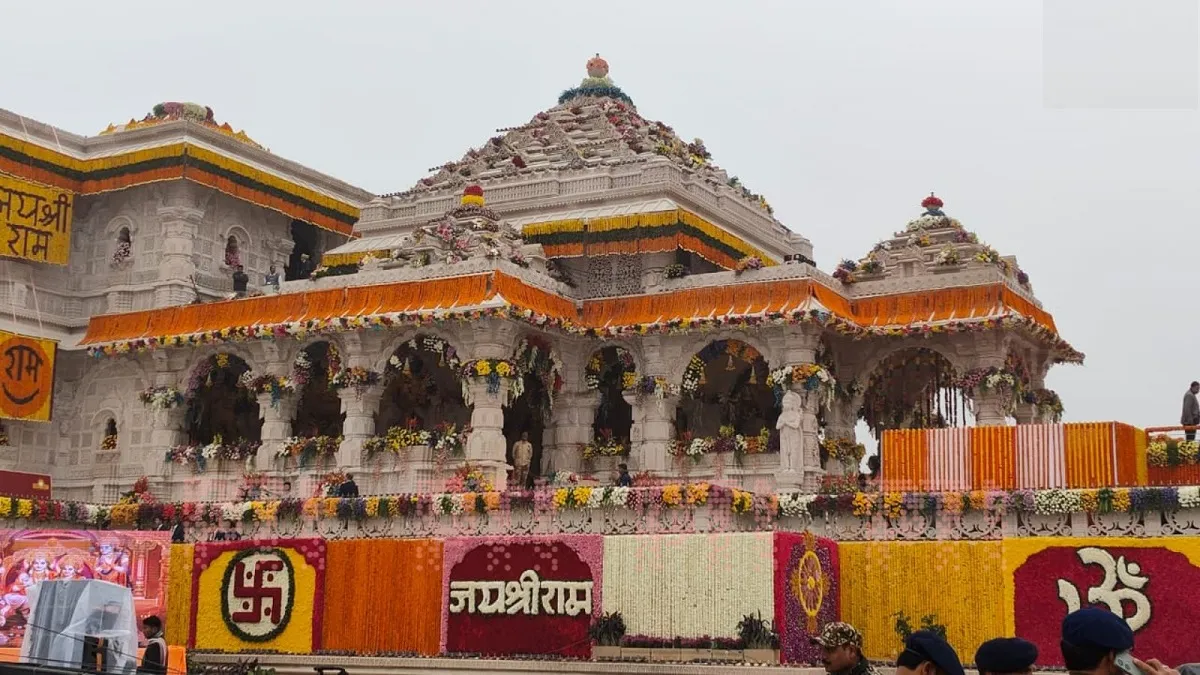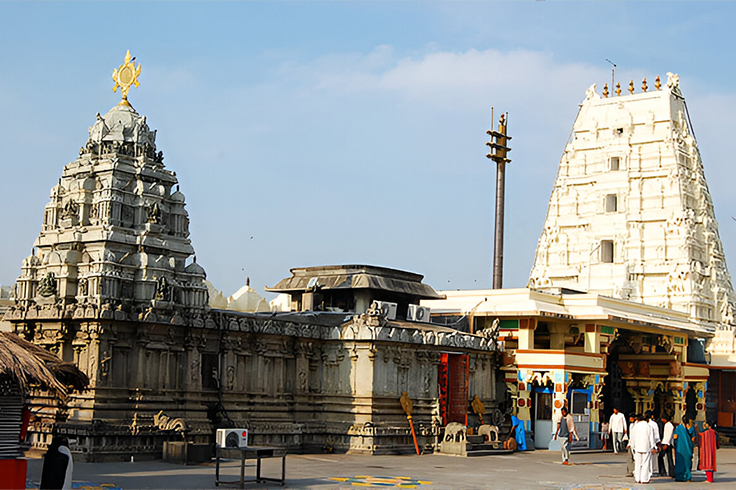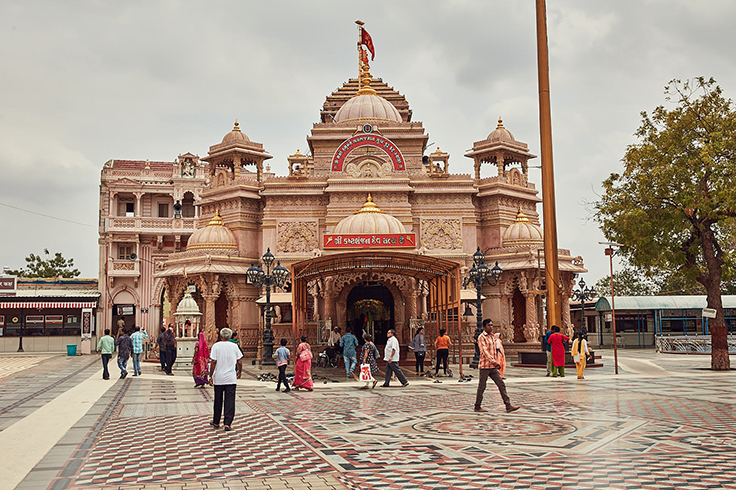
Breaking the Boon: How Narasimha Killed Hiranyakashipu Despite His Immortality
Hiranyakashipu, also known as the demon king in Hinduism, was one of the ardent devotees of Lord Shiva, and followed him with his heart and soul. But he was always scared of death and had a thirst for power and immortality. Since Varaha, one of the dashavatara of Vishnu, killed Hiranyakashipu’s brother Hiranyaksha, he has been enraged and wants revenge. In order to attain magical powers and kill lord Vishnu, Hiranyakashipu took a deep penance to appease Lord Brahma and request immortality. However, when Lord Brahma appeared in front of him, delighted with his prayers, He had to decline Hiranyakashipu’s request for immortality, as it was against the law of the universe. Hiranyakashipu, who was prepared and expected the same, then asked for a boon that nearly made him invincible. Hiranyakashipu’s boon made him indestructible and unkillable by any man or beast, neither during the day nor at night, nor in space or on earth. But little did he know that this allure of illusion would precisely be his downfall.
Birth of Hiranyaksha and Hiranyakashipu
According to the story of Narasimha in Hindu mythology, four great sages eager to meet their beloved Lord Vishnu passed the six gates of Vaikuntha, but upon coming to the seventh gate, faced difficulties. Jaya and Vijaya, the two main doorkeepers of Vaikuntha, blocked their way and prevented them from entering. This act of humiliation offended the sages, who deemed them unworthy of serving the Lord in Vaikuntha and cursed Jaya and Vijaya for being born in the material world. When Lord Vishnu arrived, he authorised the punishment given by the sages, but confirmed that they would soon return to his service in Vaikuntha. Thus, Jaya and Vijaya were born as Hiranyaksha and Hiranyakashipu, the evil twins who were later slayed by Varaha and Lord Narasimha, two of the Dashavatara of Vishnu.
Hiranyakashipu, the King of Demons

The story of Hiranyakashipu begins when Hiranyaksha goes to the depths of the ocean and hurls insults at Lord Vishnu. When Vishnu arrived as Lord Varaha, the two fought a fierce battle, where Hiranyaksha died at the hands of Lord Varaha. After losing his brother, Hiranyakashipu was devastated and wanted to seek revenge by killing Vishnu Dev. He began his penance at Mandara Mountain, hoping to obtain the award of immortality from Brahma. But when Brahma refused to grant him immortality, he tricked the Lord to grant him such a boon that rendered him practically invulnerable and indestructible. He believed his boon to be immortality and became arrogant, misusing his power, transgressing Vedic regulation and terrorising all beings in the universe. Securing his dominance with a boon he believed was immortality, Hiranyakashipu ascended to the throne as the undisputed ruler of the universe and demanded to be worshipped by every being as the ultimate entity.
Prahlada and Hiranyakashipu

He was happy with his tyrannical reign until his son Prahlada was born, possessing all saintly attributes that he despised. Since Narada Muni took Kayadhu to his hermitage and taught her devotional service, Prahlada attentively listened and retained all those devotional qualities throughout his life. He went on to become a devotee of Lord Vishnu, chanting his name and claiming Him as the supreme Lord. This made Hiranyakashipu furious, and he resorted to unlawful and treacherous deeds to kill his own Son. From throwing his son into a room full of snakes to throwing him off a cliff into the depths of water, he left no means and at last turned to his sister Holika to burn the child to death. However, with Lord Vishnu’s grace, Prahlada appeared unscathed and survived each of his father’s attempts at killing him.
The Appearance of Lord Narasimha
Having failed repeatedly, Hiranyakashipu crossed all his limits and mockingly asked his son whether the Omnipresent and Omnipotent lord Vishnu resides in the pillars too. When Prahlada answered affirmatively, his unwavering loyalty to Vishnu agitated Hiranyakashipu, as he violently struck the pillar with his mighty mace and shattered it into pieces. There emerged the Narasimha Avatar of Lord Vishnu, with a lion’s head and a human body, accompanied by a thunderous sound tearing the cloud of dust. As the name suggests, this is one of the incarnations of Lord Vishnu, with half man and half lion. His eyes were dark-rimmed yellow, and his nose broad. With his shaggy golden mane laid over his muscled shoulder and lean chest, He was divinity and wrath personified in one. While Varaha was the third avatar that killed Hiranyaksha, Narasimha, the avatar of Lord Vishnu, was his fourth and first of his Hybrid avatars.
Lord Narasimha, the Protector of the Devotees

Lord Narasimha came upon Hiranyakashipu when it was twilight and, taking him to the threshold, threw the demon on His lap to kill him by piercing his abdomen with His sharp nails. Thus, Lord Narasimha neither killed Hiranyakashipu nor violated any of the benedictions awarded by Lord Brahma to the demon. He was neither a human being nor an animal. Brahma did not create him but was an incarnation of Lord Vishnu. The demon was killed at twilight, which is neither day nor night, and on the threshold of a courtyard which is neither outside a residence nor inside. Narasimha’s sharp claws, which were not a weapon, tore apart Hiranyakashipu by placing him on his lap, which wasn’t land, water, or air. In his final moments, Hiranyakashipu realised that Lord Vishnu killed him without breaking any of the conditions in the boon.
Conclusion
This is how Hiranyakashipu’s manipulation of magic ultimately reveals the fragility of his position, where the consequences of his hubris manifested into his demise. Therefore, the story of Narasimha showcases how easily Lord Narasimha killed Hiranyakashipu and protected His devotee Prahlada, highlighting that when evil threatens, the divine will always find a way to restore balance. Narasimha is one of the Dashavatara of Vishnu and is worshipped by chanting prayers and performing rituals. Hence, the legend of Hiranyakashipu offers profound insights, teaching that “When the pursuit of power is not tempered with wisdom, they are fated for perils”.




